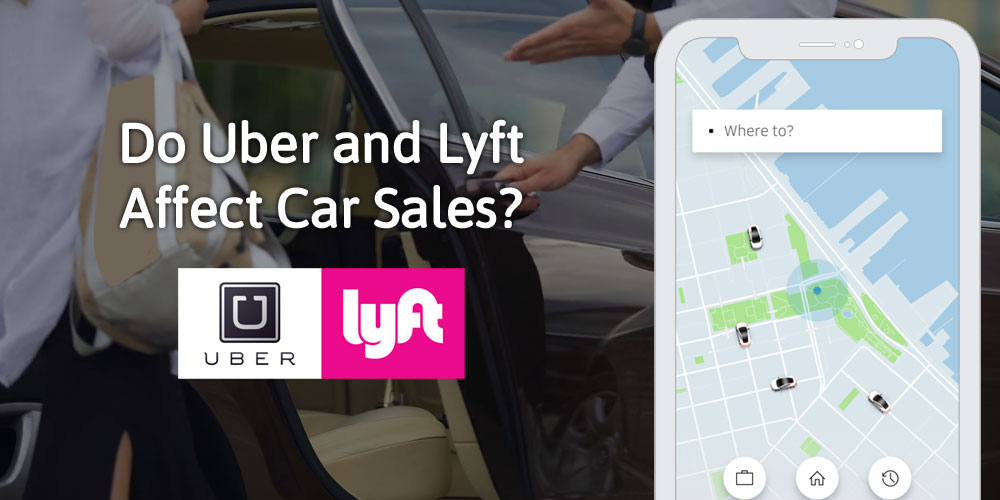
There has been a huge rise in the use of ride-share apps and ride sharing companies like Uber Technologies, Lyft, Sidecar, Hitch, RideScout, and others. People appreciate the ability to get picked up from wherever they are using their smartphones without having to talk to anyone. With the fast changes in communication preferences, a lot of consumers are shifting to services that don’t require in-store or face-to-face communication. But do ride-sharing services like Uber and Lyft affect auto sales? Getting from point A to point B is now easier than ever, and as many as 250,000 Lyft users in 2017 sold their cars to use ride-sharing apps as a main source of transportation. Rides are more available than ever now.
Pros of Switching to Ride-Sharing Only
Consumers like ride share apps because it means that they don’t have to worry about driving under the influence of alcohol or parking. Some people have even replaced their car entirely with the use of rideshare apps and public transportation because of environmental reasons, perceived reduced cost (such as not having to pay for vehicle/license registration, car insurance, gas, car maintenance and fixes, etc), and because it’s convenient. In larger cities, it also means not having to pay for a parking space or parking garage. The fees of owning a car can add up quickly!
Large urban areas and metropolitan cities have been impacted with the rise of ride-share services, especially among the Gen Z and Millennial generations. The taxi industry has nearly disappeared in some cities. Many younger people are no longer interested in obtaining a driver’s license or purchasing a car because they already have access to public transportation, and now they have easy access to a ride right on their smartphones. Car rental services are used for longer road trips.
Cons of Switching to Ride-Sharing Only
Ride-sharing isn’t actually cheaper than owning an average-priced car. Actually, in some cases it can be even more expensive than car ownership. Some other issues with giving up a car for ride-sharing include that it is not always reliable or timely, the difficulty of travelling with pets, and the high price of longer road trips.
While ride-sharing apps may replace the need for car ownership in big cities, the majority of American cities are not large urban areas. In suburbs and smaller towns, most places are not within walking distance and there aren’t reliable systems of public transportation. A car is basically a necessity in most places and some people don’t see it as an option to not own a car. You have to have a car or else you won’t be able to get around anywhere and there aren’t as many ride-share workers there.
What Does This Mean for the Automotive Industry?
Car sales are not heavily affected by the use of ride-sharing services. It is actually regular taxis, public transportation (buses and subways), and walking that have been substituted by the use of ride-sharing rather than car ownership. Vehicles are still a big part of American culture and the economy.
As a dealership, you can use this information to improve your automotive marketing strategy. The rise in Uber and Lyft is rooted in the changing definition of customer-oriented service and shift in technology. Many younger customers don’t like face-to-face interaction and prefer to have immediate access to information online, so it’s more convenient for them to use an app instead of calling for a taxi service or hailing one on the road.
If ride-sharing companies continue to grow, it is possible that they will form partnerships with OEM dealers and other car dealerships to get better deals on their cars. Companies like Uber and Lyft are interested in accessing new vehicles and investing in self-driving cars. Instead of viewing it as the fall in the automotive industry, see it as an opportunity for growth and new business.
By creating a user-friendly experience for your users on your dealership website, you can connect with new customers and keep them coming back. AutoJini’s responsive website
features including online finance forms, service scheduling appointment forms, mobile-friendly websites, and inventory showcasing make it easy for your customers do everything they need to right from your website.

